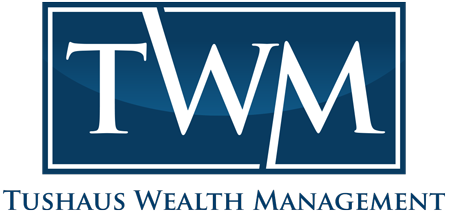
Retirement is a significant milestone in life, and it’s important for retirees to be aware of the important ages they will encounter along the way. In this article, we’ll explore the key ages every retiree should know and provide tips and advice to help you navigate each stage with confidence and ease. So, let’s dive in and discover the important retirement milestones from 50 to 73!
Age 50: Catch-up contributions
When you reach the age of 50, the Internal Revenue Service (IRS) allows you to make extra contributions to your retirement accounts.[1] These extra contributions are called “catch-up contributions,” and they can help you boost your retirement savings.
Age 59 ½: Penalty-free withdrawals from IRA
When you reach the age of 59 ½, you can start taking penalty-free withdrawals from your IRA. This means that you won’t have to pay the additional 10% tax penalty that normally applies to withdrawals taken before age 59 ½.[2]
Age 66: Full Retirement Age (FRA) for Social Security
Full Retirement Age (FRA) is the age at which you can start receiving your full Social Security retirement benefits. For those born between 1943 and 1954, the FRA is 66 years old. If you were born after 1954, your FRA will be a few months later.[3]
At Age 70: Maximum Social Security Benefits
Once you reach 70 years old, you are eligible to receive the maximum social security benefit, which is sometimes significantly more than your FRA benefit, depending on your financial situation. However, delaying your Social Security benefits past age 70 gives you no additional benefits.[4]
Age 73: Required Minimum Distributions (RMDs) for 401(k)s and Traditional IRAs
After the passage of the SECURE Act 2.0, the RMD age was raised from 72 to 73. At age 73, you’ll need to start taking RMDs from your 401(k) or Traditional IRA.[5]
Conclusion
Retirement is a significant milestone in life, and it’s essential to be aware of the important ages you’ll encounter along the way. If you would like help navigating these important dates, please reach out to us today for a complimentary review of your finances.





